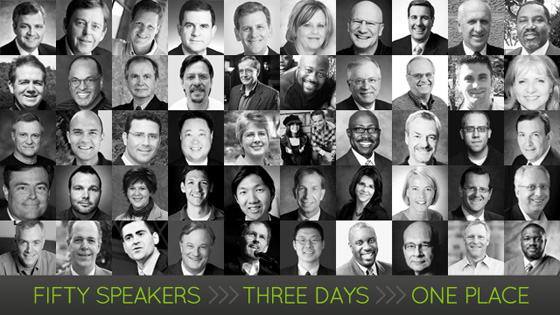Sometimes I wonder if journalists who cover the virus actually believe the narrative that leads to panic (which means they are as gullible as the fear-driven Trump voters) or are cynically reporting in a way to generate clicks and listens. A few weeks ago, Scott Simon, the master of journalistic empathy, revealed that journalists may actually prefer strong parents to reporters who question authority.
NPR’s Scott Simon talks with Dr. Curtis Chan, Deputy Health Officer for San Mateo County, CA about the county’s decision NOT to issue a stay-at-home order, as neighboring counties have.
SCOTT SIMON, HOST: Nearly 3,000 Americans are dying each day now from COVID-19. Hospital beds are full. ICU units are overwhelmed. Mayors and governors are saying stay home. Five counties near San Francisco and the city of Berkeley are in shutdown, but not San Mateo County. We’re joined now by Dr. Curtis Chan, who is deputy health officer for San Mateo County. Dr. Chan, thanks so much for being with us.
CURTIS CHAN: Nice to be here.
SIMON: Why has San Mateo decided to do something different?
CHAN: San Mateo County is following the federal guidelines and state guidelines, including the ones that were just released explaining that we should be staying at home once ICU capacity is below 15%. And we intend to follow that. You know, we also looked at our data. And we said, who is not staying home? Who’s causing the most transmissions? And we wanted to have targeted interventions for those people who are not staying at home and those people who are causing transmissions.
SIMON: Well, what does the data show?
CHAN: As for the specific cases going up, what we’ve seen in the last four weeks, it’s primarily amongst young adults between 20 to 30 years old. And those were the rates of highest rise. And we’re already in the very restrictive purple tier in California. And we didn’t think that immediately having health officer orders was going to be the strategy that would change behaviors immediately.
SIMON: Well, why not? I mean, why not issue the order and use that as, if nothing else, dramatic emphasis to make your point?
CHAN: Yeah. I think it’s an approach of harm reduction and thinking about people’s mental state. We’ve seen from the CDC reports that young people are the ones who are experiencing a tremendous amount of anxiety and stress and depression. And many of them are accustomed to social gatherings. And they’ve been continuing to social gather despite our health officer orders previously.
SIMON: You know, you’re stating some very good scientific facts, but I still don’t understand what makes you then shy away from some kind of stay-at-home order. I mean, I say this as a father. Help me translate it. It strikes me that in some ways you’re saying, look; if you tell people you must stay at home, this young group, this young demographic we’re trying to reach will do just the opposite.
CHAN: Well, the first thing is that it’s not enforceable. If we could actually enforce this and it was statewide or across the region or the country, I would think it’s a great idea. But I think, you know, it’s going to be counterproductive because it’s going to drive behaviors underground. And we think that there would be resentment that they can’t socially gather, let’s say, outside. But we don’t have the enforcement to prevent people from gathering inside, and there could be, you know, 10 young people or eight young people. So we think it’s a tremendously good idea. And those are our public health recommendations. But we didn’t have that as a legal order that suggests that it’s going to be enforced by law enforcement officials.
The reporter’s tell: “you’re stating some very good scientific facts, but I still don’t understand what makes you then shy away from some kind of stay-at-home order. I mean, I say this as a father.”
The Public Health official’s honesty: “the first thing is that it’s not enforceable. If we could actually enforce this and it was statewide or across the region or the country, I would think it’s a great idea. But I think, you know, it’s going to be counterproductive because it’s going to drive behaviors underground.”
Imagine that. Balancing science, human nature, and possibility.




